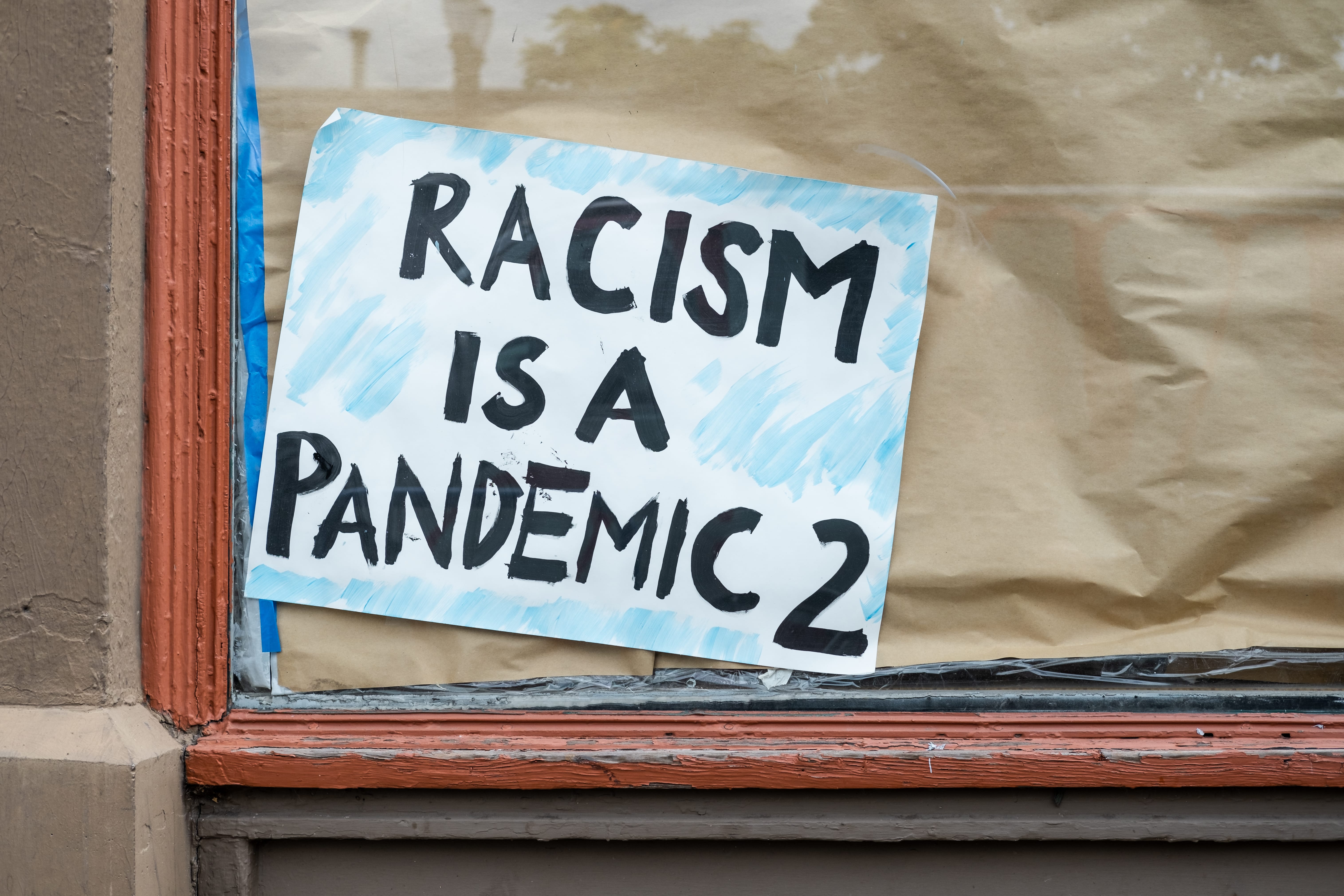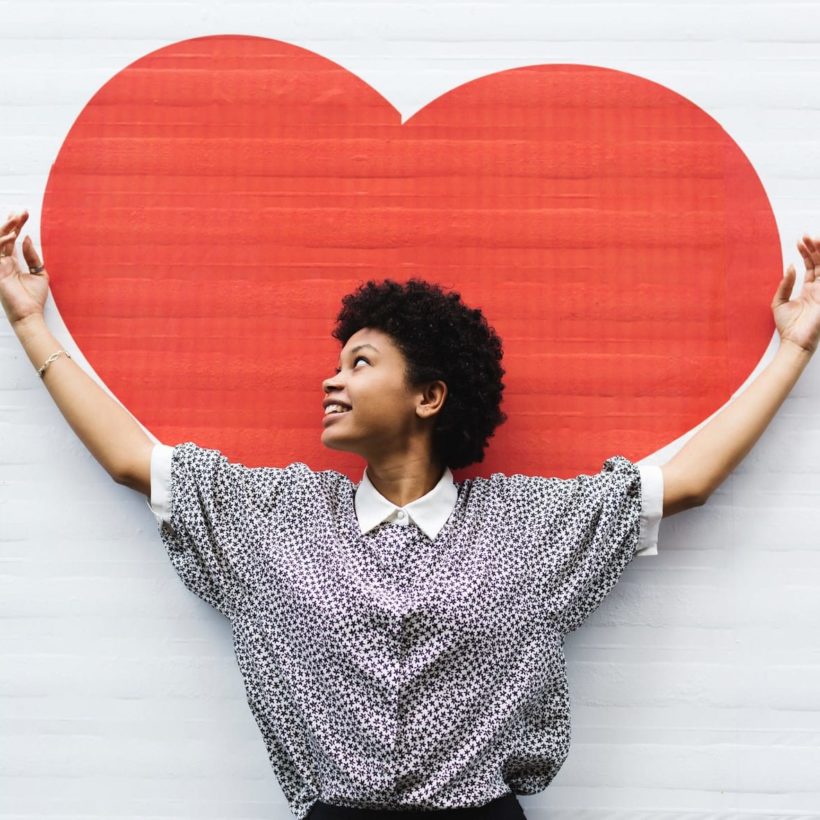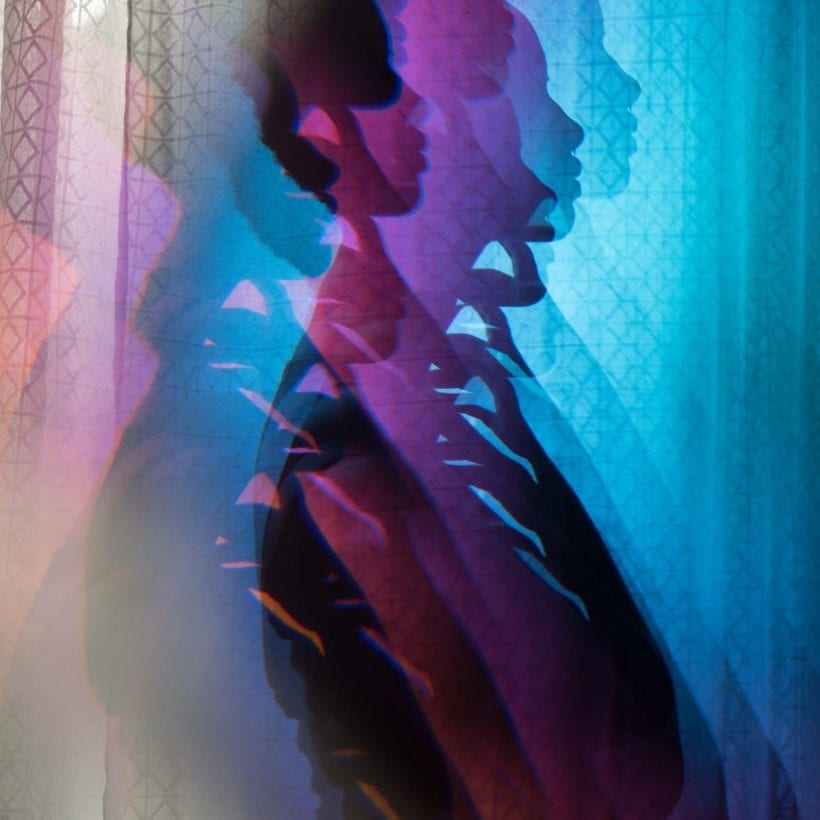One of my best friends is a Thai-American woman and is currently living in California. We talk nearly every day on Google Hangouts — from the most serious of topics to the most mundane — and I can’t think of anything she doesn’t know about me.
But the recent surge of anti-Asian violence is a topic that’s remained largely unaddressed in our conversations as of late, and, at first, we both have had a difficult time pinpointing why. As a Korean-American woman, it’s been powerful seeing more awareness and calls for activism across social media platforms. But it’s also painful. When I read about Noel Quintana, age 61, being slashed in the face while riding a New York City subway on his way to work, I think of my 77-year-old dad. When I learned that a 70-year-old grandmother was knocked to the ground and mugged in San Jose, I knew this could have easily been my own mother.
Asian communities have had a history of being silenced and erased. We’re labeled as the model minorities, a phrase coined in 1966 by sociologist William Petersen in a New York Times Magazine article. He wrote about how a cultural emphasis on hard work allows Asians to overcome discrimination.
My parents have the classic immigrant story of coming to America with barely any money. They continue to work arduous 12-hour shifts to this day — and they’re well into their late 70s. They still believe that if they work hard, smile, keep their head down, and don’t “stir the pot,” they can succeed in America. This is something that was instilled into my upbringing. In the schoolyard, when kids stretched out their eyes to imitate mine, I quietly laughed along. When my high school gym teacher constantly confused me with the only other Asian in my class, I stifled my annoyance. There was this unspoken code that the less attention you drew to yourself as an Asian, the better off you’d be in America.
But now, there’s no doubt whether I can continue to remain silent. It’s been slowly healing to see the momentum that’s happened with Black Lives Matter over the past year. It shows that people have the power to make a difference when they elevate their voices. BIPOC, AAPI, or something in between, we’re all struggling to be heard and seen after being excluded from existing — whether in mainstream media, history books, or government studies.
Despite my good intentions, I’m not going to assume that I’m informed on all struggles of all minority groups (including my own). Some people might feel like shining a light on the anti-Asian violence distracts from the BLM movement. But, for me, it’s not about comparing and contrasting our wounds. I hope to see that we lift each other’s voices and experience empathy for the people around us. There’s an opportunity for us Asians, whether it’s the conversations you have with your own family and friends or what you post on your own social media accounts, to be vocal.
To our allies, taking action to support the Asian community is personal, but it can be as simple as donating to the cause (Stop AAPI Hate and Asian Americans Advancing Justice are great places to start), patronizing Asian small businesses, embracing their cultures, or raising your children to understand that racism is unacceptable.
We’ve clearly got work to do to build a safer community and urgently respond to the growing violence. Will you stand with me?







